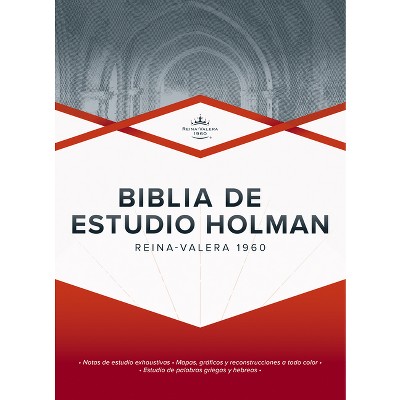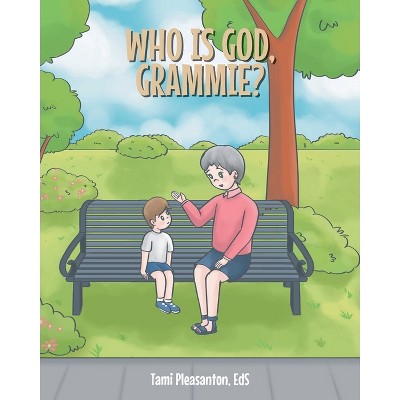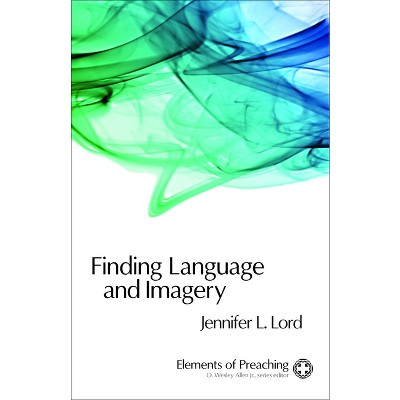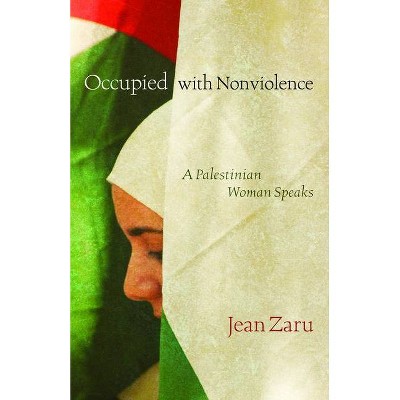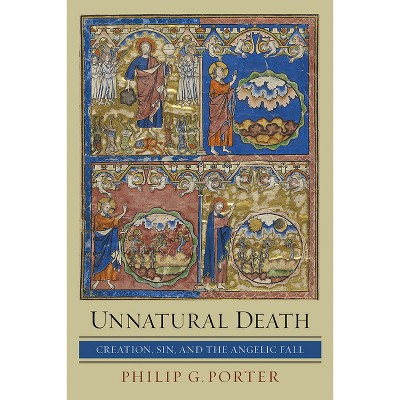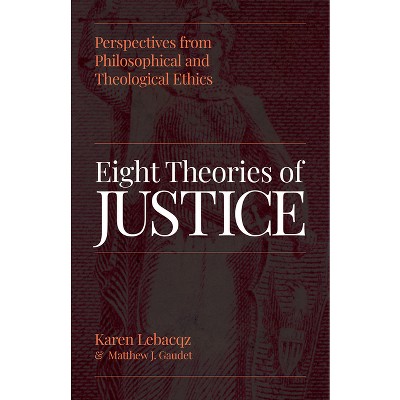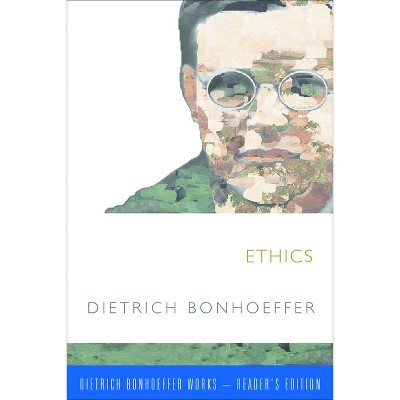Sponsored

Each in Our Own Language - by Benjamin Durheim (Paperback)
In Stock
Sponsored
About this item
Highlights
- The so-called "rural-urban divide" in the United States has, by many accounts, become increasingly wide and deep.
- Author(s): Benjamin Durheim
- 206 Pages
- Religion + Beliefs, Christian Theology
Description
About the Book
Durheim plumbs the depths of symbol and meaning in rural America, arguing that understanding rural Americans' symbolic world is essential to forming social conditions where love might flourish. Durheim draws attention to symbol's social function, something with which rural Christian ministry, theological ethics, and rural sociology must reckon.Book Synopsis
The so-called "rural-urban divide" in the United States has, by many accounts, become increasingly wide and deep. Most attempts, however sincere, to find ways to heal, bridge, or otherwise help rural and urban Americans understand their interdependence fail to account for the deep--and disparate--symbolic layers that suffuse these landscapes. Benjamin Durheim steps into this space to offer an insightful and compelling guidebook for understanding.
Via story, semiotic analysis, and careful ethical, theological, and liturgical reflection, Durheim plumbs the depths of symbol and meaning in rural America. Being able to read and write symbol well is essential for ministry, liturgical practice, and crafting social ethics in ways that fully humanize disparate factions. Understanding rural Americans' symbolic world is an essential precursor to forming social conditions where love might flourish. To help social reality bend toward the good in the context of rural America requires a literacy of its symbolic depth and bedrock. Durheim's careful work draws needed attention to symbol's social function, something with which rural Christian ministry, theological ethics, and rural sociology all must urgently reckon.
Review Quotes
Durheim's book will deepen your understanding of rural life and ministry. Each in Our Own Language highlights the work of significant authors who address small-town and rural settings, as well as the dynamics of ministry in those contexts. Utilizing a variety of disciplines, he also explores, with a goal of helping people flourish, the many layers of symbolic meaning around language regarding rural life and social ethics. --Jon Anderson, director of rural ministry, Luther Seminary
Ben Durheim takes everyday life in rural agrarian and small-town America as the starting point for a thoughtful and provocative theological exploration of symbolization, social ethics, human communication, and relationality. Durheim reminds us of our ongoing need to develop, expand, and practice skills in social literacy--that is, the practice of reading and responding to the varied symbols that mediate our integral human connectedness. This skill and its practice are crucial, laying the groundwork for both ethical action and communal worship, and for sustaining our grasp of what it means to live together on the way to God's reign. --M. Shawn Copeland, professor emerita, Boston College
In our unfortunate era, when runaway rhetoric seizing upon others' words largely produces more heat than light, Ben Durheim invites readers to think through the symbol-mediated realities of social bodies to comprehend better how and why a people shares values and convictions. Durheim integrates critical theories of symbol, ritual, and aesthetics with freshly considered theological categories to enlighten efforts at self- and mutual understanding, ethical reflection, and societal solidarity. --Bruce T. Morrill, SJ, Vanderbilt University, and author of Practical Sacramental Theology: At the Intersection of Liturgy and Ethics
In a world too comfortable with stereotyping, polarization, and instrumental thinking, Benjamin Durheim's boundary-breaking work in contextual rural theology could not be more timely or more welcome. Rooted in ethnographic research and the honest, loving gaze of Durheim's own rural living, Each in Our Own Language is rich with insight into symbol, liturgy, and the opportunities for sin and grace found in communities of neighbors and fellow believers. A must-read for anyone seeking to understand the past, present, and future of Christianity in North America. --Kate Ward, associate professor, Marquette University
Shipping details
Return details
Frequently bought together

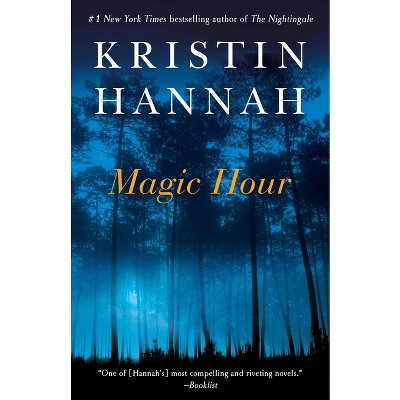


Trending Non-Fiction






